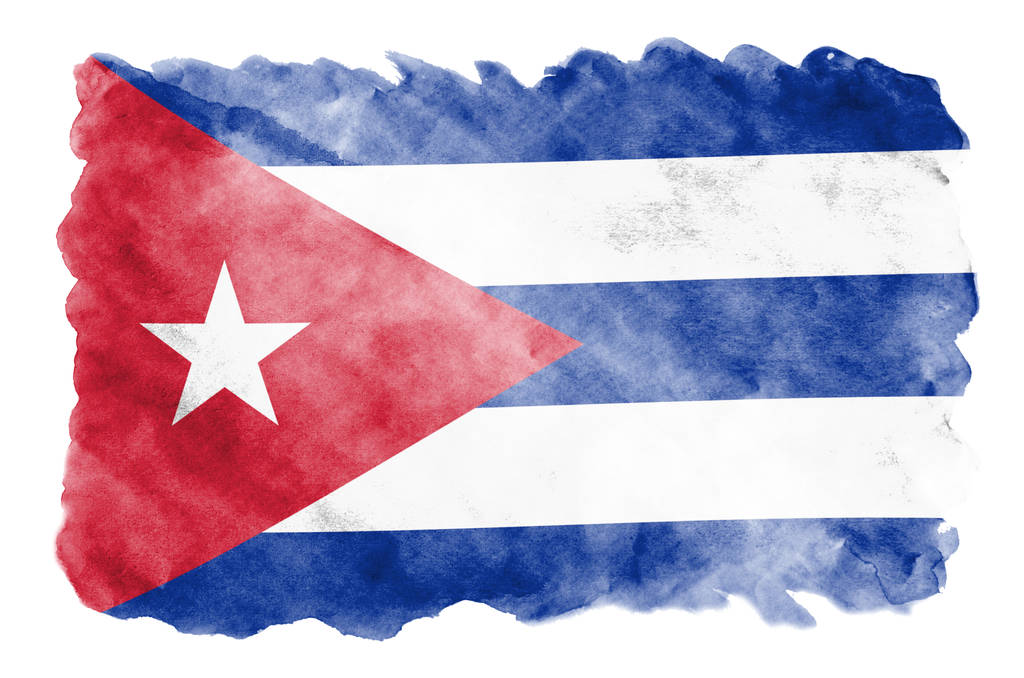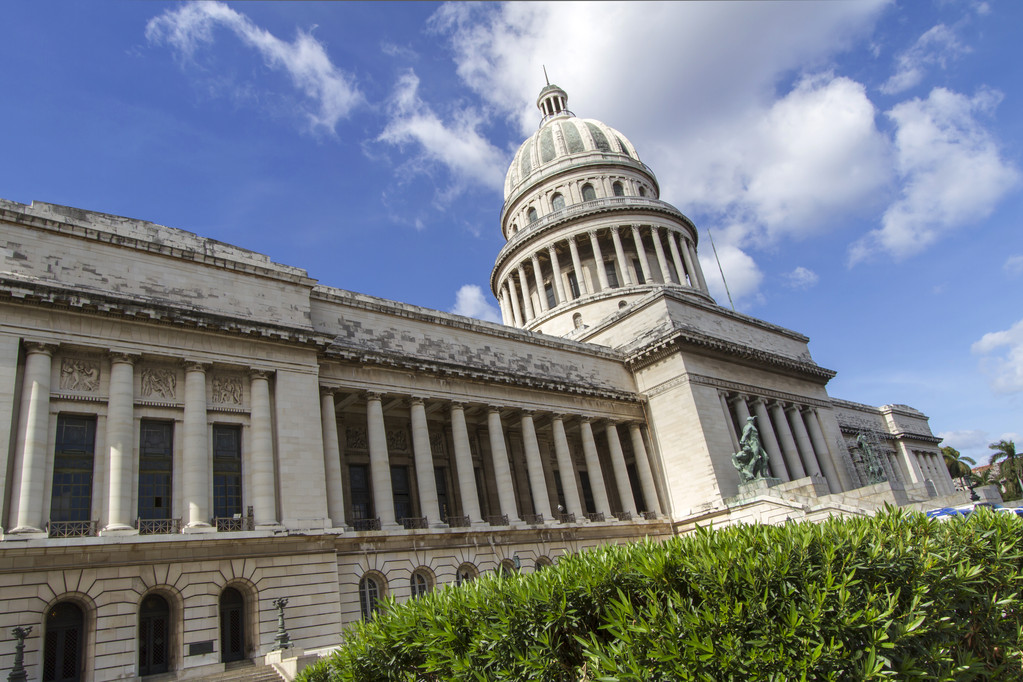Discover the fascinating history and cultural significance behind Cuban last names.
Exploring the Rich Heritage of Cuban Last Names
Cuban last names have a fascinating history that offers a glimpse into the vibrant heritage of the island nation. From the origins of popular last names to the significance they hold within Cuban culture, there is much to uncover. So let’s dive in and explore the diverse and rich tapestry that is Cuban last names!

Cuban Last Names: A Fascinating Look into Heritage
When it comes to Cuban last names, there’s more than meets the eye. Each name has its own unique story to tell, reflecting the complex history and cultural influences that have shaped Cuba over the centuries.
Let’s delve deeper into the captivating world of Cuban last names and uncover the intriguing details that lie beneath the surface.
Unveiling the Origins of Popular Cuban Last Names
Ever wondered why some last names are more common in Cuban households? It turns out that many popular Cuban last names have their roots in Spanish colonization, when European settlers arrived on the island. These names can be traced back to various Spanish regions, showcasing the diverse background of Cuban society.
For example, the surname “Garcia” is one of the most common in Cuba and can be traced back to the region of Galicia in Spain. Similarly, the name “Rodriguez” has its origins in the region of Asturias. These connections to specific regions highlight the historical ties between Cuba and Spain.
Exploring the Significance of Cuban Last Names
Cuban last names are more than just a string of letters – they hold deep meaning and significance for individuals and families. They serve as a connection to ancestral roots and a source of pride. By studying Cuban last names, we can gain insights into the values and traditions cherished by the Cuban people.
For instance, the last name “Martinez” is derived from the name “Martin,” which means “warrior” in Spanish. This name might reflect the bravery and resilience of an ancestor who played a significant role in Cuban history. Similarly, the name “Lopez” is derived from the Latin word ” lupus,” meaning “wolf,” symbolizing strength and loyalty.
These symbolic meanings embedded in Cuban last names provide a glimpse into the rich cultural heritage and the traits that have been valued by Cuban families for generations.
The Evolution of Cuban Last Names Throughout History
Throughout history, Cuban last names have evolved and adapted to reflect the changing times. As different cultures and waves of immigration shaped the island’s demographics, new last names emerged or fused with existing ones. This dynamic process has created a diverse and vibrant tapestry of Cuban surnames.
For example, during the early 20th century, Cuba experienced a significant influx of immigrants from other countries, such as Italy and China. As a result, new last names like “Di Stefano” and “Wong” became part of the Cuban name pool, adding to the cultural mosaic of the island.
Furthermore, intermarriage between different ethnic groups in Cuba has also contributed to the evolution of last names. Names that were once exclusive to a particular group have now become more widespread, reflecting the blending of different cultural backgrounds.
As we explore the evolution of Cuban last names, we witness the ever-changing nature of identity and the constant interplay between tradition and adaptation.
The Diversity of Cuban Surnames
With a melting pot of cultural influences, Cuban surnames are as diverse as the people themselves. Let’s take a closer look at the top 10 most popular Cuban last names and discover some lesser-known gems worth exploring.

A Closer Look at the Top 10 Cuban Last Names
The top 10 Cuban last names provide a fascinating glimpse into the historical and cultural tapestry of the island. Each name carries its own unique story and reflects the enduring influence of various civilizations throughout history.
- García: This ubiquitous last name traces its origins to the medieval kingdom of Castile in Spain. It is a testament to the deep-rooted Spanish heritage that permeates Cuban society. The name García can be found in families across the island, serving as a reminder of the shared history between Spain and Cuba.
- Fernández: Derived from the given name Fernando, Fernández reflects the Spanish presence on the island. It is a name that has stood the test of time, carrying with it the legacy of Spanish colonization and the blending of cultures that occurred during that era.
- Rodríguez: Another common Cuban last name of Spanish origin, Rodríguez is a testament to the enduring influence of Spain. It is a name that has been passed down through generations, symbolizing the strong familial ties that are deeply ingrained in Cuban culture.
- González: With roots in the Spanish province of Asturias, González is a widespread Cuban surname. It represents the migration of families from Spain to Cuba, as well as the assimilation and integration of these families into Cuban society.
- López: Linked to the Spanish surname Lope, López is a popular last name that can be found across the island. It is a name that has become synonymous with resilience and determination, as many López families have overcome challenges and thrived in their adopted homeland.
- Martínez: Martínez originated in the region of Navarre in Spain and has a strong presence in Cuba. It is a name that carries a sense of pride and heritage, connecting Cuban families to their Spanish roots and the rich history of their ancestors.
- Pérez: Derived from the given name Pedro, Pérez is another common Cuban last name that can be found in families across the country. It is a name that signifies strength and resilience, as many Pérez families have overcome adversity and contributed to the development of Cuban society.
- Díaz: Díaz, meaning “son of Diego,” is a last name with Spanish roots that has become ingrained within Cuban society. It represents the interconnectedness of families and the importance of lineage in Cuban culture.
- Hernández: A name of Spanish origin, Hernández is prevalent in Cuba and reflects the island’s multicultural history. It is a name that symbolizes the blending of different cultures and the harmonious coexistence of diverse communities within Cuban society.
- Suárez: This last name traces its heritage to the northern region of Spain and has found a home within many Cuban families. It is a name that represents the resilience and adaptability of Cuban people, as they have embraced and integrated various cultural influences throughout history.
Lesser-Known Cuban Last Names Worth Discovering
While the top 10 Cuban last names are widely recognized, there are countless other surnames that deserve attention. These lesser-known names offer a unique window into the diversity of Cuban heritage. From names like Molina and Delgado to Herrera and Morales, exploring these hidden gems is like unearthing buried treasures.
Unique Cuban Last Names That Reflect Cultural Influences
Cuban last names aren’t limited to Spanish origins alone. The island’s history is influenced by cultures from around the world, leading to the emergence of unique surnames that reflect these diverse influences. Names like Castro, Mendez, and Cabrera are just a few examples of Cuban last names that highlight the island’s cultural fusion. These names serve as a reminder of the rich tapestry of Cuban history, where different cultures have come together to create a vibrant and diverse society.
Tracing Cuban Lineage: Last Names That Tell a Story
Cuban last names can be windows into the past, allowing individuals to trace their lineage and uncover their family history. Let’s explore how common Cuban last names hold meaning and the famous individuals who bear them.
The Meaning Behind Common Cuban Last Names
Every Cuban last name has a story to tell. Some names may reflect a family’s occupation, such as the last name Molinero, meaning “miller.” Others may be derived from nature, like the name Vega, which means “meadow” or “field.” By understanding the meaning behind common Cuban last names, we can gain a deeper appreciation for their significance.
Famous Individuals with Cuban Last Names
From artists and musicians to athletes and politicians, many famous individuals have Cuban last names. Names like Cabello, Cruz, and Iglesias have graced the international stage and left an indelible mark on their respective fields. These individuals serve as a testament to the talent and diversity that Cuban last names represent.
Cuban Last Names: A Reflection of Identity
A person’s last name is more than just a label – it represents their identity, heritage, and family traditions. Let’s delve into how Cuban last names reflect the cultural heritage and national identity of the Cuban people.
How Cuban Last Names Reflect Cultural Heritage
Cuban last names are a mirror of the island’s cultural heritage. Whether the last name traces its roots back to Spain, Africa, or indigenous groups, it serves as a constant reminder of the diverse tapestry that makes up Cuba’s identity. These names are a testament to the resilience and strength of the Cuban people.
The Role of Cuban Last Names in Family Traditions
In Cuban families, last names are a source of pride and tradition. Passed down from one generation to the next, these names connect family members and create a sense of belonging. They serve as a reminder of the sacrifices made by ancestors and the values that shape the family’s legacy.
Cuban Last Names and Their Connection to National Identity
Cuban last names are more than just individual identities – they are intertwined with the national identity of the country. These names are a testament to the shared history, struggles, and triumphs that have shaped Cuba as a nation. They are a bond that ties the Cuban people together, no matter where they may be in the world.
Exploring the Rich History of Cuban Last Names
As we journey through the world of Cuban last names, it’s impossible to ignore the vast historical influences that have shaped them. From Spanish conquerors to indigenous cultures, the history of Cuban last names is a tapestry woven with threads of heritage and resilience.

Cuban Last Names: Influences from Spanish and Indigenous Cultures
Spanish colonization brought waves of settlers to Cuba, leaving a lasting impact on the island’s last names. Many names have Indigenous roots as well, reflecting the native peoples who inhabited Cuba long before the arrival of European colonizers. This mix of Spanish and Indigenous influences is what makes Cuban last names truly unique and representative of the island’s history.
In conclusion, exploring the rich heritage of Cuban last names takes us on a captivating journey through history, culture, and national identity. From the origins of popular last names to the significance they hold within Cuban society, each name carries its own story, reflecting the complex tapestry of Cuban heritage. So the next time you come across a Cuban last name, remember that it’s more than just a name – it’s a window into a world of captivating stories and vibrant traditions.



